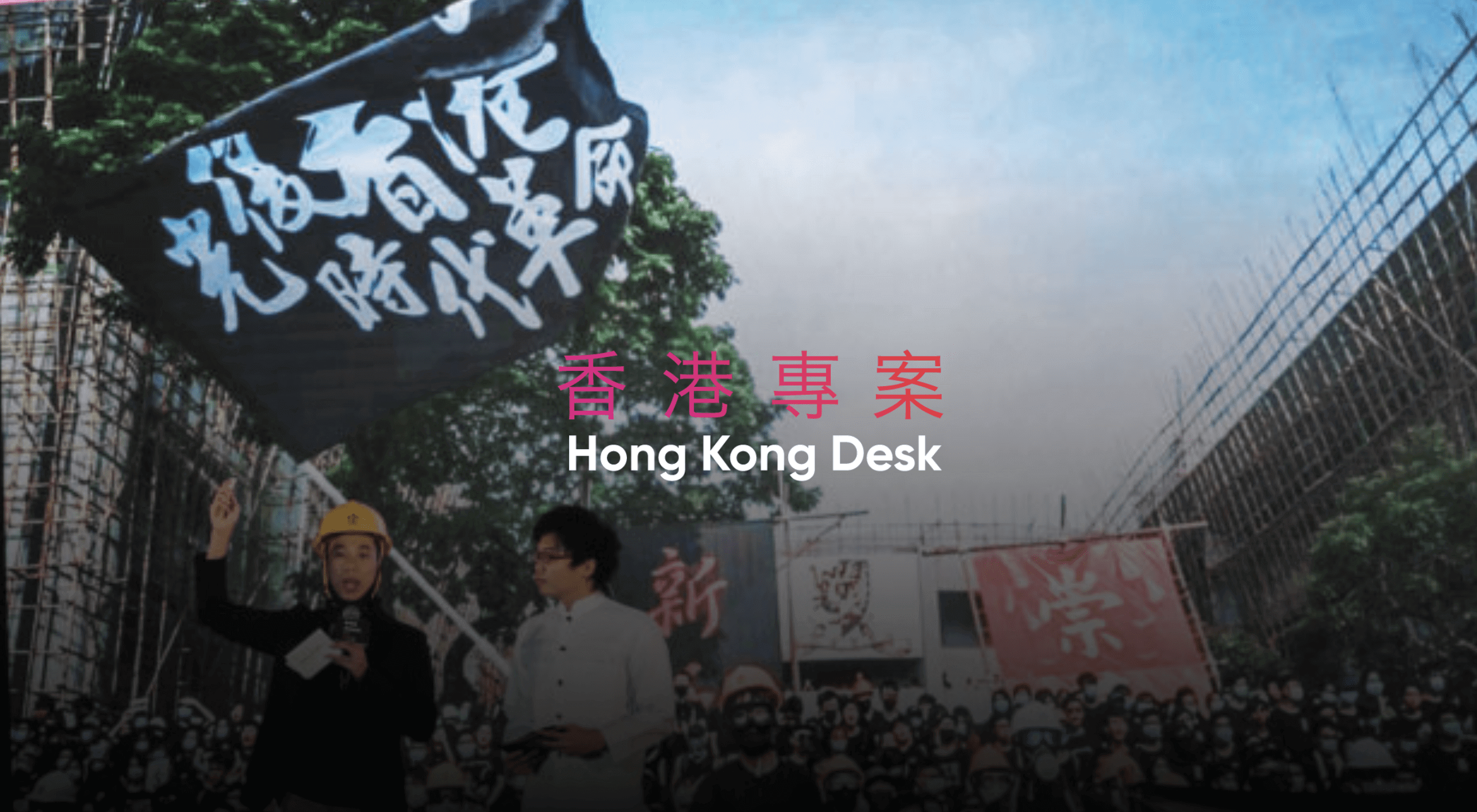by HRF’s Center for Law and Democracy
A series of recent high-profile arrests in Hong Kong underscore the message from the Chinese Community Party: criticize the government, expect intimidation and worse.
Media tycoon Jimmy Lai, along with two other leading pro-democracy activists, were arrested last Friday and later released on bail. Lai, owner of the leading pro-democracy publication Apple Daily, was arrested for his participation in last year’s protests and slapped with a charge of unauthorized assembly. He was also charged with criminal intimidation for losing his temper at a pro-Beijing reporter back in 2017. Since then, the Chinese Communist Party (CCP) mouthpiece Xinhua News has published a piece in English that claims Lai’s arrest reflected the “rule of law.”
But did it really?
The Hong Kong Basic Law guarantees the right to freedom of assembly. On August 31, 2019, the day of the protest associated with Lai’s arrest, large crowds turned up in the city’s streets to march peacefully.
Later that day, violence broke out and crowds clashed with riot police. The Hong Kong police claimed that Lai was seen marching with the peaceful crowds of protesters that day, and as the protest did not receive a permit from the police, he was participating in an illegal assembly.
This claim directly conflicts with the Hong Kong Basic Law, as well as international legal standards. Under international law, peaceful protests, even when a permit has not been issued, fit squarely within the right to assembly. The Hong Kong government did not provide evidence showing that Lai’s peaceful march had somehow caused the violence that erupted later that day, and Lai was not seen on the premises of where violence occurred.
While at first glance the other charge of criminal intimidation seems to hold more water, it begs a question: Why is the Hong Kong government prosecuting Lai for a verbal temper tantrum thrown nearly three years ago?
If the Hong Kong government and the CCP are trying to convince the global audience that Lai’s arrest was not politically motivated, charging him with a verbal altercation that occurred years ago certainly does not help to prove the point.
To determine whether Xinhua’s claim of “rule of law” exists in China, one need only look to the recently sentenced case of Gui Minhai, a Swedish citizen and part-owner of the CCP gossip book publisher Causeway Bay Books in Hong Kong.
Gui was snatched up and sent back to China while on holiday in Thailand. Back in China, he was forced to confess on state TV to an alleged driving accident from years ago, and in this address he renounced his Swedish citizenship.
During his sentencing last week, the charge was suddenly changed from this driving accident to the crime of providing state secrets to foreign sources. He was then sentenced to 10 years in prison. The only state secret Gui likely is aware of is his own kidnapping in Thailand and transportation to China.
The CCP has thrown around the term “rule of law” in many leadership speeches and state media articles in the past few years. But repeating the phrase does not make it true. With the intensifying censorship and arrests of anyone who dares speak out, rule of law is nowhere to be found in China.
And now, under the CCP’s leadership, Hong Kong’s robust rule of law built while under British rule is in serious decline. Hongkongers were already outraged about the imprisonment of activists such as Joshua Wong and the Umbrella Movement leaders. In lockstep coordination with the CCP, the Hong Kong government is now sending its own message to dissidents – quietly fall in line or we are coming for you under the pretense of the “rule of law.”
But it will take much more for Hongkongers to back down. We have seen the resilience of Hong Kong protesters in the past year, and even with the current threat of coronavirus, the pro-democracy movement is very much alive. The CCP may have intended the arrest of an iconic pro-democracy media tycoon to scare everyone back in line, but it has likely only served the purpose of fueling more dissent.

